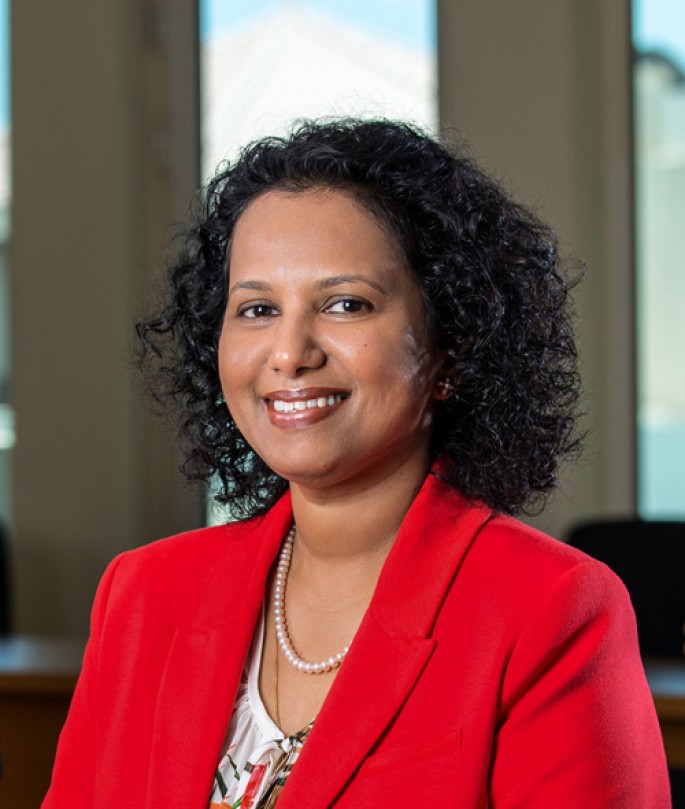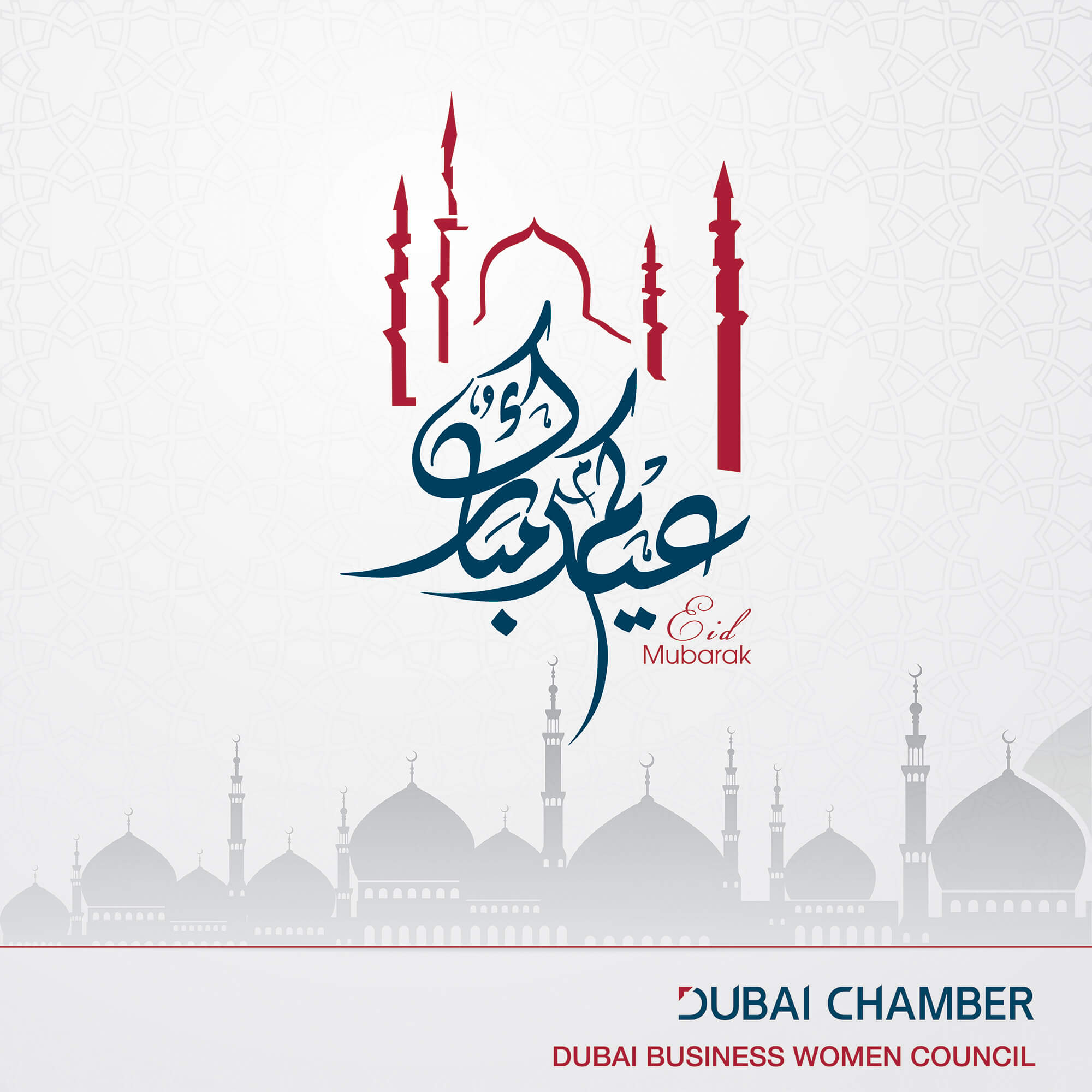
Dr Payyazhi Jayashree, Associate Dean of Education at the University of Wollongong in Dubai (UOWD), on how women can reach senior leadership positions, and the growth of a strategic understanding of business.
The challenges to achieving gender parity in the workplace
One of the key challenges are the assumptions that some people hold that lead to stereotypes and prejudices at multiple levels with regard to what women can and cannot do. Organizations that do not focus on gender parity as a strategic priority often do not have fair policies in place – and even if they do are unable to provide necessary support to women at multiple stages of their career: for example supporting them to take time off from work for child care or ageing parents or offering options such as flexitime, telecommuting opportunities, or a longer parental leave before joining back work. Lack of a sensitivity to gender issues might also mean women do not have the opportunities to develop the experiences necessary to grow a strategic understanding of the business and often have to work much harder to prove themselves, all of which result in the lack of a level playing field which often leads to a leadership ambition gap or a leaking pipeline, with many women preferring to opt out of their careers for entrepreneurial pursuits or opt out of their career altogether to have more control over their time.
The research collaboration between UOWD and Dubai Business Women Council (DBWC)
The research collaboration between UOWD and DBWC began as a result of a common interest to understand the engagement of women in the workplace and in leadership roles. Given the mission of DBWC to promote and support the employment of women in Dubai, there was a natural alignment of interest and passion to make a contribution towards creating more equitable workspaces. With grant funding from the UAE National Research Foundation, as part of the National Research Foundation –Industry Research Grant, the research objective is to understand more about the role of women in the UAE workplace and the factors associated with women attaining, and succeeding in, leadership positions. We are expecting to contribute to dialogues related to public policy initiatives to facilitate gender parity in the workplace. We have also recently launched a highly engaging platform called the UOWD- DBWC Women and Leadership Seminar Series to showcase success stories of women leaders within the region with our most recent event being a highly constructive panel discussion on how to accelerate Gender Parity, in alignment with International Women’s Day.
Reaching senior leadership positions
Leadership is a matter of skill and attitude. In our ongoing research there is increasing evidence of a significant role played by ‘personal agency’: resilience, perseverance, grit, tolerance for ambiguity and ability to take risks. Besides this, it is evident that women who reach senior leadership positions actively seek out portfolios and projects that provide opportunities for cross-functional skill development and strategic understanding of the business, and assertively make themselves heard every time. It is also important for women to seek out mentors who can facilitate their leadership capacity development and find sponsors who can showcase their achievements and advocate for them when required. The role of mixed networks (comprising men and women) is also becoming increasingly important to share and learn and contribute, while creating more visibility for one’s achievements. It is also important for women to consciously challenge their own self-limiting assumptions that sometimes become the biggest barrier in them seeking out challenging roles.
Working together to create equal opportunities at multiple levels of the organizational hierarchy
First of all, it is important for both men and women to consciously challenge the notion of ‘masculine and feminine traits’. There is substantial evidence to indicate that women are often vilified when they demonstrate behaviours which, while in alignment with behaviours required to play the leadership role effectively, are misaligned with gender prescribed behaviours for women. It is important for men and women to challenge some of these unconscious frames which lead to prejudice – through making oneself aware first and then challenging it openly and constructively. Both men and women have to own this process of change. Organizations also have a responsibility to consciously and purposefully create equal opportunities at multiple levels of an organisation through good practices focussed on talent management and retention – such as flexible and fair performance management systems; equal pay for equal work, planned and implemented in a transparent manner; progressive policies focussed on women.
“It is important for us to recognize that while facilitative legislations and policy interventions are helpful, sustainable change can only be brought about by challenging deep rooted unconscious assumptions regarding gendered scripts and frames which result in biases.”
What measures need to be taken to reach Sustainable Development Goals?
Achieving gender equality is one of the key mandates for the UN’s Sustainable Development Goals. There are wide disparities across nations with substantial progress in enrolment of women in tertiary education in emerging economies, but according to the International Labour Organisation Report (2015), the glass ceiling is so pervasive that it would take more than a century (100 to 200 years) to achieve gender balance at the top, with the World Economic Forum predicting in 2015 that the pace of change is so slow that the gender gap would not close until 2133. To address some of these issues aGender Balance Council was set up in February 2015, by the UAE government with a mandate to provide equal opportunities for women to contribute to the economy.
In my view, Sustainable Development Goals can only be reached if we take a holistic approach to Gender Parity, which focusses on multilevel intervention at the societal, organisational, legislative and policy level. Restrictive assumptions (as defined by gender stereotypes) lead to restrictive behaviour thus denying women their human right to equal opportunities. Hence it is imperative that disadvantageous gender stereotypes and prescriptions are to be challenged on an ongoing basis by calling them out, with both men and women joining hands and taking ownership to make this change happen. We need men as equal partners who own the process of changing perceptions and behaviour and creating equal opportunities.
What tips would you give a CEO of a company to create a healthy and equal work environment?
As someone who leads the company, the CEO has to own the process of creating an inclusive organisational culture and make gender diversity a strategic priority. Creating gender parity as a way of life in organisations is much more about challenging the deep structure of an organisation or the underlying assumptions that form the culture of the organisation.
Cultural changes are often long and arduous and require to be driven from the top with a clear vision while engaging people at multiple levels of the organisation. To roll-out this strategy, one needs to start by collecting relevant data through comprehensive diagnoses of how the existing talent pipeline is distributed at multiple levels of the organisation. Like any other transformational change intervention, identifying the need for change must be followed by creating a desire for change by engaging stakeholders at multiple levels of the organisation who will then act as your change champions to drive the change process.
What motivates or pushes you to fight for equality at work?
Nothing but my total and unquestioning belief in equality and my steadfast view that everyone everywhere must constructively work towards creating equitable spaces. As an educated woman in a position of power, I am in a privileged space to be able to effect change, by mobilising more and more voices to join in for this important cause. It is with this intention that the UOWD-DBWC Women and Leadership Seminar Series was launched in 2015 with a view to making a contribution to the dialogue and debates surrounding gender issues and women in leadership positions within the UAE. The seminar series provides an opportunity for working women to both share and learn from their own (and other’s) personal leadership stories and experiences, to learn from key thinkers, researchers, and government representatives, in the area and join the conversation about policy implications. It is heartening to witness more and more men and women within the region joining in these conversations to engage with these discussions and to then start effecting constructive change, within their own work spaces and organisations.
“We all owe it to ourselves to consciously challenge the static binary conceptualisation of gender that we might have grown up with which sets limits on what a man or a woman can and should do.“
What are the best skills for women to have in the workplace?
While functional competence is a given, another skill that women might want to develop in the workplace is negotiation skills. I would however like to emphasise attitudes more than skills. Specific attitudes that play a significant role for women to grow personally and professionally include personal agency, risk-taking, making yourself seen and heard by advocating for oneself and others in similar situation, seeking mentors and sponsors, communicating effectively, emotional intelligence, and consciously challenging any negative voices in your own head that might limit your progress.
What do you hope for the women of future generations?
Drawing from the adage that the personal becomes the political, I hope that we see far reaching changes in societal assumptions regarding the static duality of gender roles (which then translates to limiting gender role prescriptions and stereotypes). Challenging these deep rooted prejudices and frames over a period of time will then translate to changes in assumptions regarding what men and women can and cannot do which then leads to changes in behaviour to create equitable societies, where men and women work together to give every single child on the planet access to education and an opportunity to develop the mindset and skill set to be able to make the right choices and the space to exercise those choices unapologetically, while continuing to achieve economic parity.


